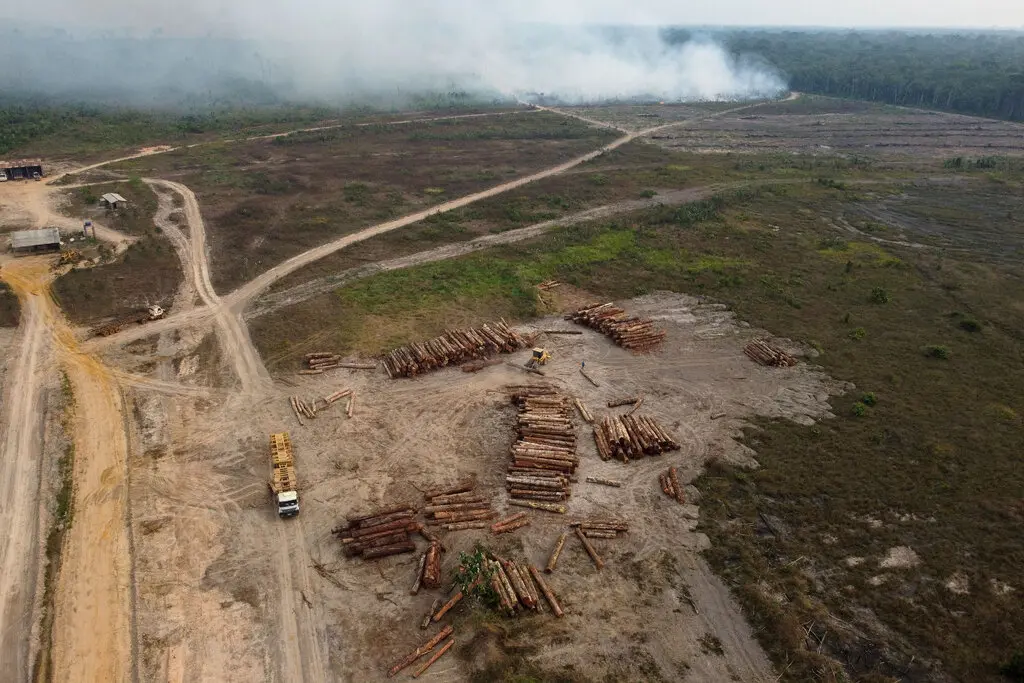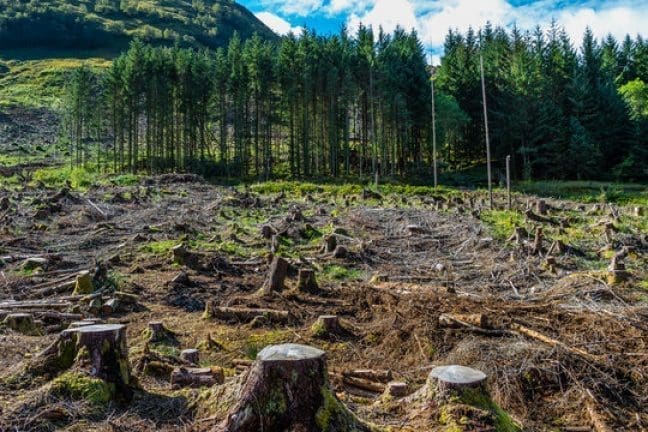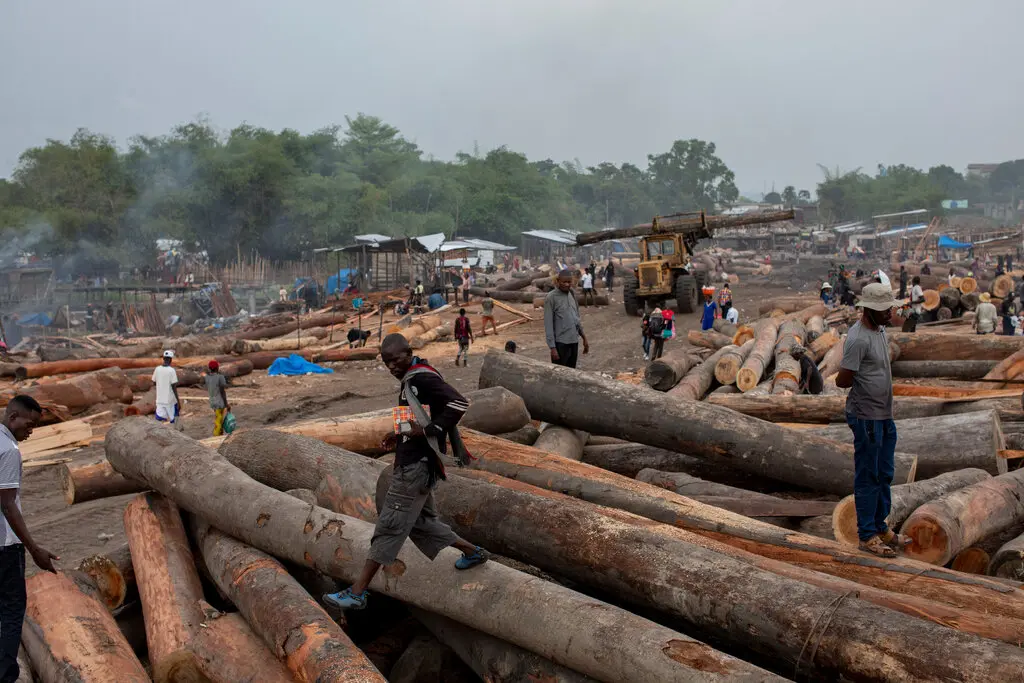Despite international pledges to cease devastation, deforestation rates appear to be “headed in the wrong direction,” according to an annual assessment.

According to a report released on Tuesday, the world continues to lose its tropical forests at a rapid rate, more than a year after countries pledged to end deforestation by 2030.
The annual survey conducted by the World Resources Institute, a research organisation, revealed that the world lost 10,2 million acres of primary rainforest in 2022, an increase of 10 percent from the previous year. It is the first full-year assessment since November 2021, when 145 countries pledged at a climate summit in Glasgow to cease forest decline by the end of this decade.
Frances Seymour, a senior fellow at the institute’s forest programme, said, “We had hoped by now to see a signal in the data that we were turning the corner on forest loss.” “We haven’t seen that signal yet, and we’re actually moving in the wrong direction.”
In collaboration with the University of Maryland, this report documented tree loss in the tropics as a result of deforestation, fires, and other factors. The destruction of last year resulted in 2,7 gigatons of carbon dioxide emissions, a significant quantity that is roughly equivalent to the fossil fuel emissions of India, a country with a population of 1.4 billion.

Additionally, tropical deforestation degrades some of the planet’s wealthiest ecosystems, which serve as habitats for plants and animals and as rain pattern regulators for several nations.
Amazon Conservation, a research organisation, analysed data from the World Resources Institute to conclude that the Amazon rainforest, the largest in the world, has not experienced such massive devastation in almost two decades.
Brazil, the country with the most tropical rainforest, had the greatest deforestation rates worldwide. It was responsible for over forty percent of global tree loss, followed by the Democratic Republic of the Congo and Bolivia.
Bolivia provided some of the most remarkable statistics in the report. Last year, forest loss increased by 32 percent, the greatest rate ever recorded for this country. It was one of the few tropical forest nations that did not sign the Deforestation Agreement of Glasgow.
Marlene Quintanilla, director of research at the Bolivian non-profit Fundación Amigos de la Naturaleza, stated that a government policy that encourages farmers to clear extensive tracts to secure land titles has been a major cause of deforestation in Bolivia.

According to her, the standing forest serves no social or economic function.
It appeared that the expansion of agriculture was damaging Africa’s forests. Small-scale clearance for cocoa production was a significant source of deforestation in Ghana, the country that lost the greatest proportion of its primary forest last year.
In the Congo River Basin, deforestation is strongly linked to a dearth of economic opportunities and fundamental infrastructure. The majority of people in the Democratic Republic of the Congo, for instance, do not have access to electricity, so the forest is an essential source of biomass and charcoal for cooking.
Teodyl Nkuintchua, who works in strategy and outreach for the World Resources Institute in the Congo Basin region, stated that environmental protection policies would not be effective on their own.
“We will not be able to address deforestation unless we incorporate development priorities into these actions in these countries,” he said.
Southeast Asia was one of the few bright points in the report, where Malaysian and Indonesian efforts to curtail deforestation continued to bear fruit. It appears that a forestry moratorium, efforts to restore peatlands, and corporate pledges to exclude palm oil suppliers linked to deforestation are effective.
And there are indications that the trajectory of global deforestation may improve in the near future.
This year, the European Union adopted a law that prohibits the importation of a variety of products that contribute to deforestation in tropical countries. China, the world’s greatest importer of agricultural products, has recently pledged to combat illicit deforestation associated with its trade with Brazil.
Brazil appears to be changing course as well. Since President Luiz Inácio Lula da Silva’s inauguration in January, when he vowed to safeguard the Amazon rainforest, preliminary data for the first five months of the year indicate that deforestation rates have decreased by 31 percent. Under his predecessor, Jair Bolsonaro, deforestation and environmental criminality dramatically increased.

The report’s analysis concentrates on the tropics because forest loss in these regions is typically more permanent and human-caused. Additionally, tropical forests play a larger role in carbon sequestration and biodiversity support. The decline of global tree cover outside of the tropics decreased by 10% last year.
According to the report, the decline was directly attributable to fewer wildfires in Russia’s boreal forests. However, this may change. Canada is expected to experience its worst fire season ever.
El Nio, a climate pattern typically associated with an increase in tropical wildfires, has also just arrived. Even if countries are able to curtail deforestation during this period, there is concern that wildfires could undo some of their efforts.
“An El Nio year will be a test,” said Rod Taylor, global director for forests at the World Resources Institute, adding that he hoped that wildfires would not cause devastation. However, we’ll have to see.

